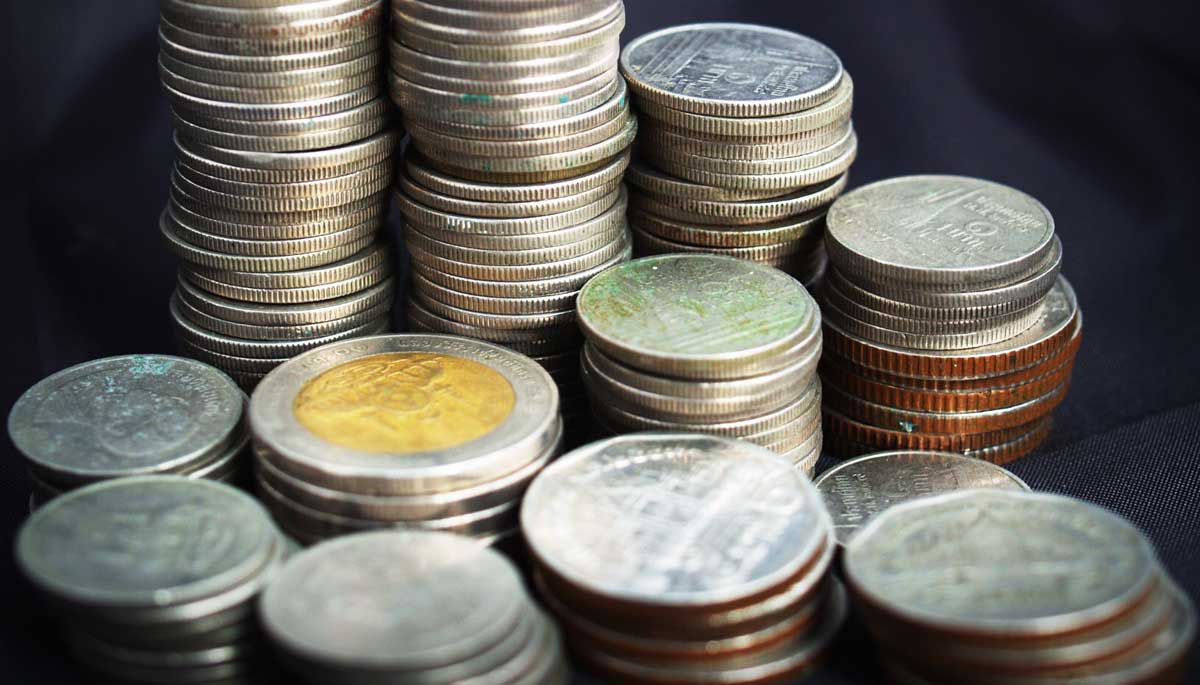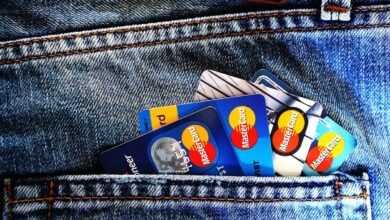
Avoid These Debt Hazards To Keep Your Home
When times are tough, consumers often have to tighten their belts in order to pay their monthly bills in time.
In an economic climate like this, more and more homeowners are struggling to make ends meet and still pay their mortgages.
We often hear about repossessed homes and mortgage defaults, but skipping out on your monthly payments is not the only way that you can lose your house.
There are actually many other ways that you can have your house auctioned off due to failing finances!
Here are some hazards to avoid:
Debt Hazard #1 – Not paying your taxes!
If you don’t pay your property taxes, your local authority can go to court to get a debt judgment against you.
SARS can also have your property attached if you don’t pay your income tax, but this is usually a last resort from their side.
You will also be faced with hefty penalties if you fail to pay your property tax, so even if it is possible for you to reach an agreement to pay off the debt in order to prevent your home from being auctioned, it is likely to cost you a lot more than your original tax bill.
If you are thinking about selling your house in order to escape your tax liabilities, think again. The municipality will most likely not issue a clearance certificate to finalize a transfer to a new owner unless all rates and services charged to you have been paid.
SARS are also entitled to take whatever percentage of the sale proceeds is required in order to pay off the outstanding income tax amounts that are still owed by you.
Skipping out on your taxes will clearly disadvantage you as the homeowner in more than one way.
Debt Hazard #2 – Not paying your monthly sectional levies or HOA dues!
If you are part of a complex and you fail to pay your monthly dues, the body corporate holds the legal rights to attach and sell your sectional titles in order to settle outstanding levies, even if you have a bond on the property and you have been paying your home loan installments.
The bank will then get any proceeds that are left over after the sale and after your levies have been paid. You will then still be liable to pay the outstanding portion of your home loan.
Debt Hazard #3 – Standing surety for someone else’s debt!
If a person or business defaults in such cases, creditors will be entitled to come after your assets personally or attach your private assets to settle debts.
There is also a good chance that you may lose your home.
Debt Hazard #4 – Engaging in illegal activities!
The South African law (Chapter 6 of the Prevention of Organized Crime Act) allows the National Public Prosecutor to apply for any property that has been commissioned by crime, or believed to have been bought with the proceeds of a crime, in order for it to be attached and forfeited by the State.
Debt Hazard #5 – Applying for voluntary sequestration (aka filing for bankruptcy)
When a home is registered in your name, it is seen as an asset in your insolvent estate.
There will be a group of trustees who will be appointed by the court, who will then be obliged to sell it to try to realize at least the amount outstanding on your home loan or, if you don’t have a loan, to settle some of your other debts.
This will leave you, ultimately, without a home and if you are not debt-free after the funds have been used, you will be required to pay the rest.
If you’ve enjoyed this article, why not share it across your social media platforms, so others can benefit from it as well? Feel free to REPIN the image below:








One Comment